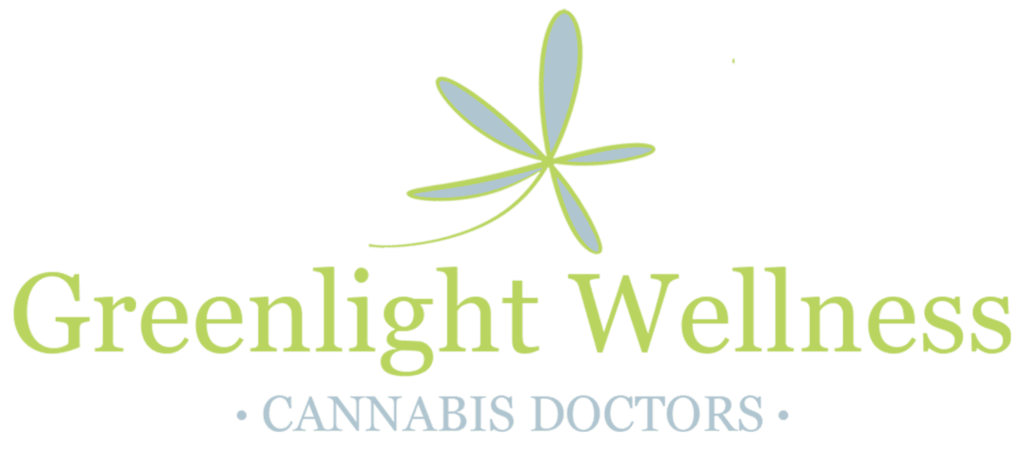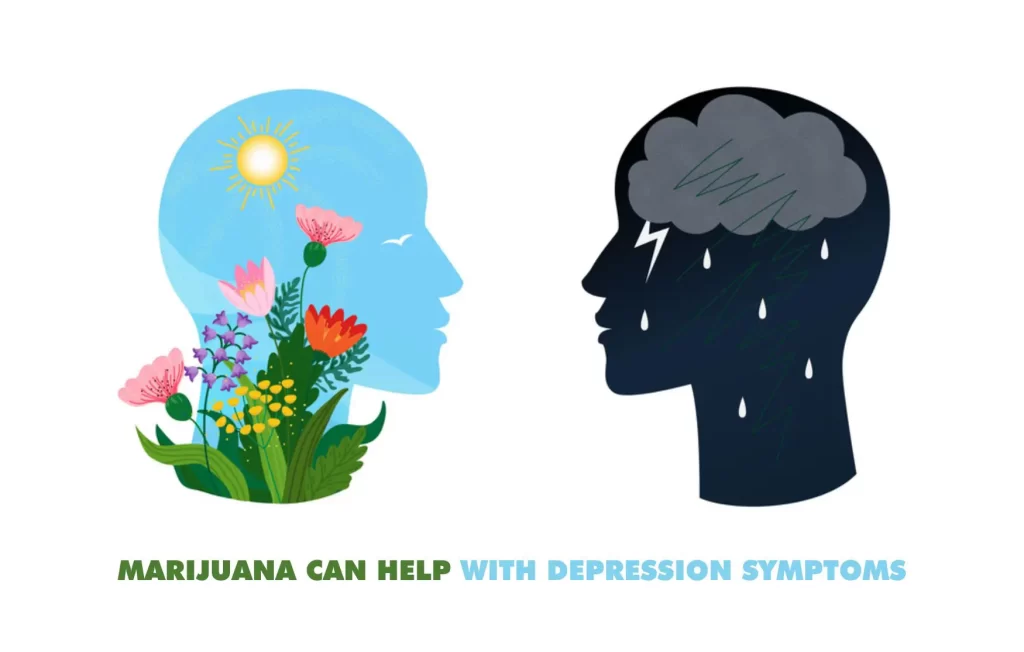
How can Marijuana Help with Depression?
Depression is a severe mental health issue that affects many people in the United States. Despite its prevalence, depression is often misunderstood, and limited treatments are available to help manage it. One treatment that has recently gained more attention is using marijuana to help with depression. Marijuana use increased significantly during the COVID-19 pandemic, and so did depression. Many people that became depressed started using marijuana as medicine to battle depression.
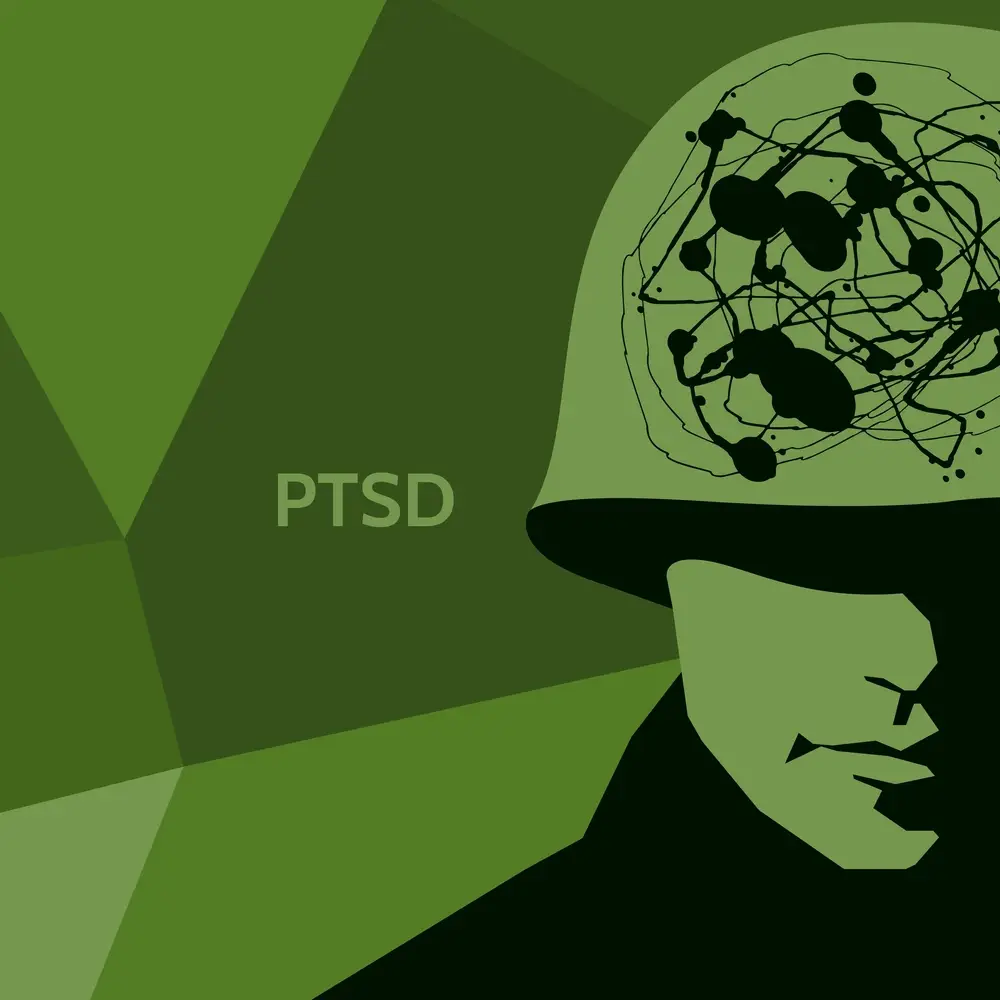
Depression is a qualifying medical condition in Michigan because it’s a debilitating medical condition. Symptoms of depression may also accompany Post Traumatic Stress Disorder (PTSD). If you have symptoms of depression, you can quickly get a Michigan Medical Card in about 15 minutes.
Michigan state law allows online marijuana cards to be approved through telemedicine. Once you are approved, you can purchase medical cannabis as your medicine and save on taxes. Finding a doctor that understands how cannabis works with depression can be a tricky task. Your best bet is to find a weed doctor who has experience treating depression with medical marijuana.
How can Marijuana be Used to Help with Depression?
At some point in life, everyone goes through a bout of depression. Depression may be chronic or acute; sometimes, it persistently haunts an individual, and for others, it’s just a brief moment. The key to beating depression is getting help and making an effort to have better peace of mind through exercise, physical activities (yoga running), personal relationships, improving your relationship with nature, eating healthily, and being present.
Sometimes we tend to live in the future, creating unnecessary anxiety, and sometimes we live in the past, causing depressive episodes about things we can’t change.
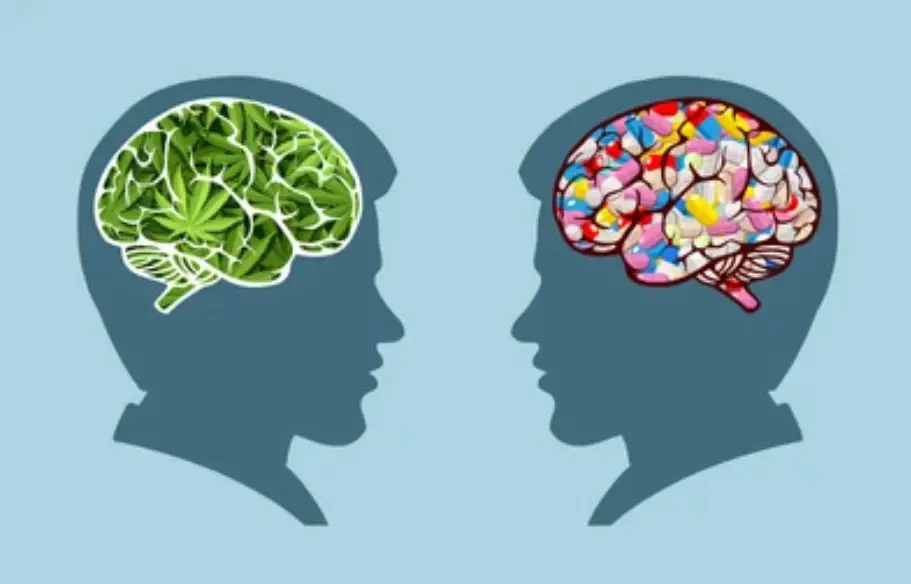
Acute and Chronic Depression
Chronic Depression is ongoing and lasts for a very long time, sometimes for decades. Acute Depression or major depressive episodes is a shorter-term episode of depression that usually involves a specific event or trauma triggered by a reminder of the event—for example, losing a job or the death of a loved one. These episodes can also be severe.
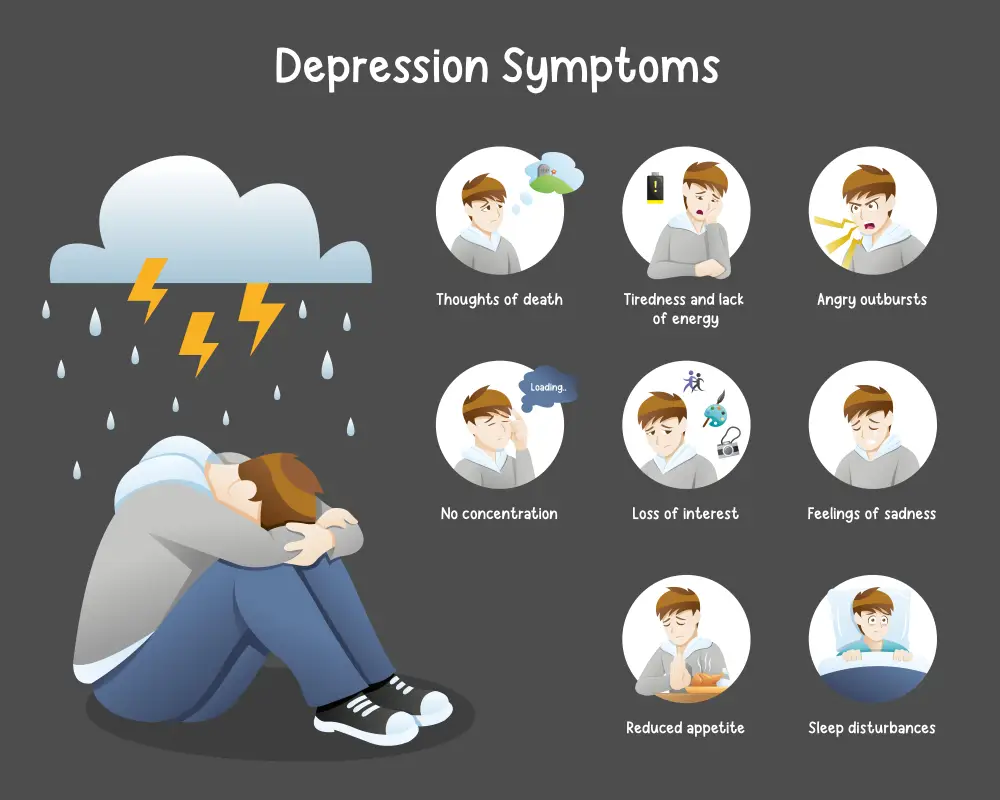
Symptoms of Depression
- Feeling sad, tearful, empty, or hopeless.
- Anger, frustration, easily irritated.
- Loss of motivation in things previously enjoyed
- Sleeplessness (tossing and turning)
- Low energy levels
- Loss of appetite and weight loss or weight gain craving junk food
- Anxiousness and restlessness
- Brain fog (Slow thinking)
- Lack of conviction and less excited
- Feelings of Low self-esteem, worthlessness,
- Living in the past and self-blame for mistakes
- Trouble thinking, concentrating, making decisions, and remembering things
- Suicidal thoughts
- Back pain, headaches, or heart disease
- Substance abuse (alcohol or drug abuse issues)
Marijuana is an Ancient Medicine
Cannabis has been used for centuries to treat various ailments, including depression. But how does it work? This article will explore the science behind cannabis and its potential as an effective treatment for depression. We’ll look at research studies, discuss the different compounds found in cannabis, and explain why some people find it can help with mental health issues.
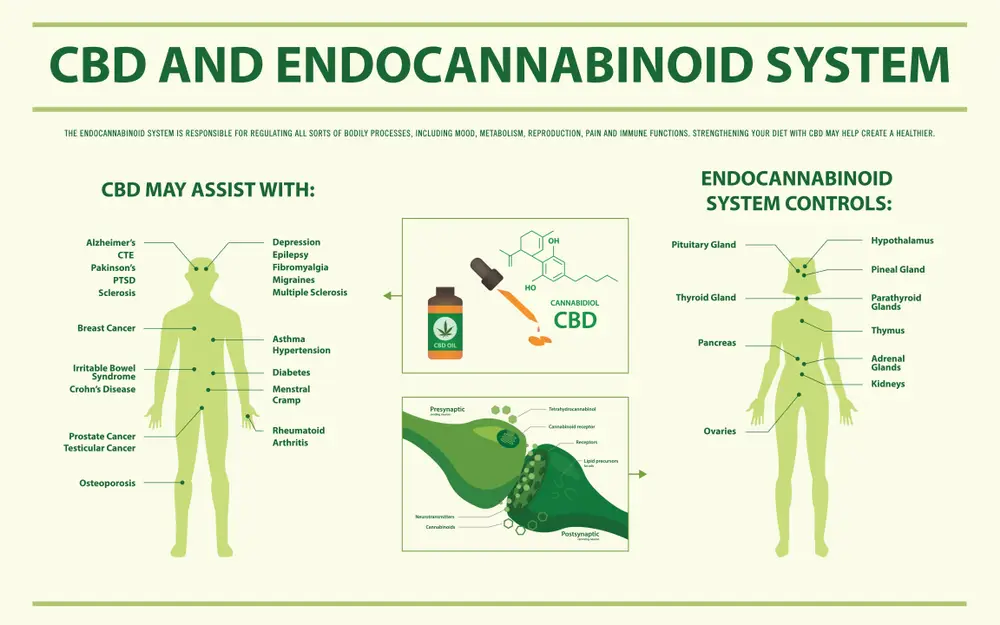
The Science Behind Marijuana and Depression
Research into the effects of marijuana on depression is still in its early stages, but some promising results have been seen. Studies have found that THC, one of the main components of marijuana, can reduce inflammation in brain cells and increase serotonin levels, which helps regulate mood and behavior. CBD, another significant compound in marijuana and hemp plants, may also play a role in reducing anxiety and relieving symptoms of depression.
Marijuana may also indirectly affect depression by helping people sleep better at night. Good quality sleep helps improve our overall mental well-being and can help reduce symptoms of depression. This is true for people with depression-related insomnia, those who suffer from other types of insomnia, and those who suffer from chronic pain or stress.
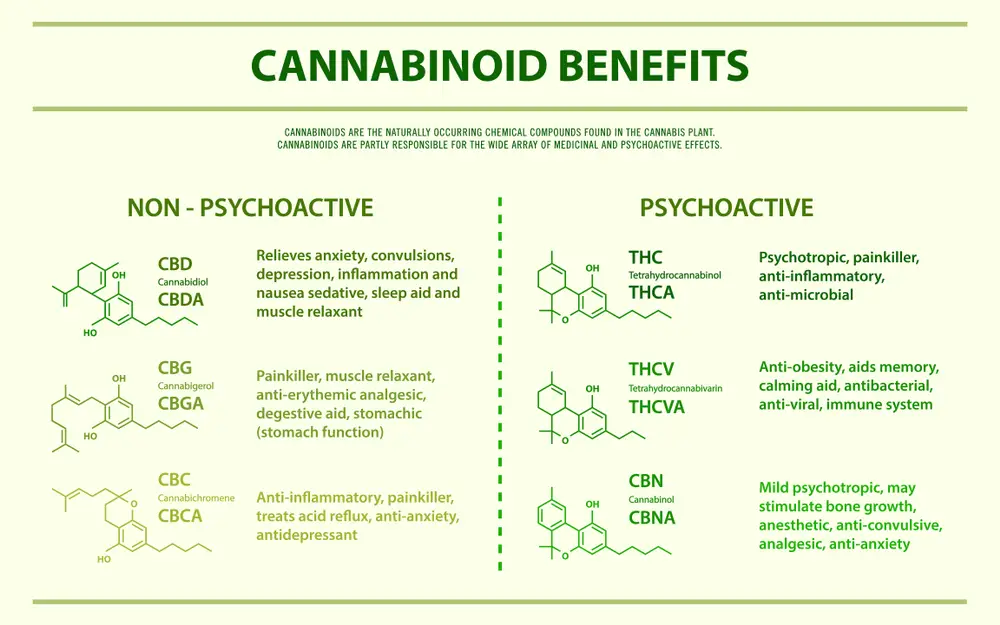
Cannabinoids
The efficacy of cannabis as an anti-depressant is primarily attributed to its cannabinoids—chemicals found naturally in the plant that interact with our body’s endocannabinoid system. The most studied cannabinoids are THC and CBD, but there are over 100 known cannabinoids produced by cannabis plants. Each cannabinoid has its unique benefits, but many scientists believe that the combination of all these compounds working together makes cannabis so beneficial for treating a variety of conditions—including depression.
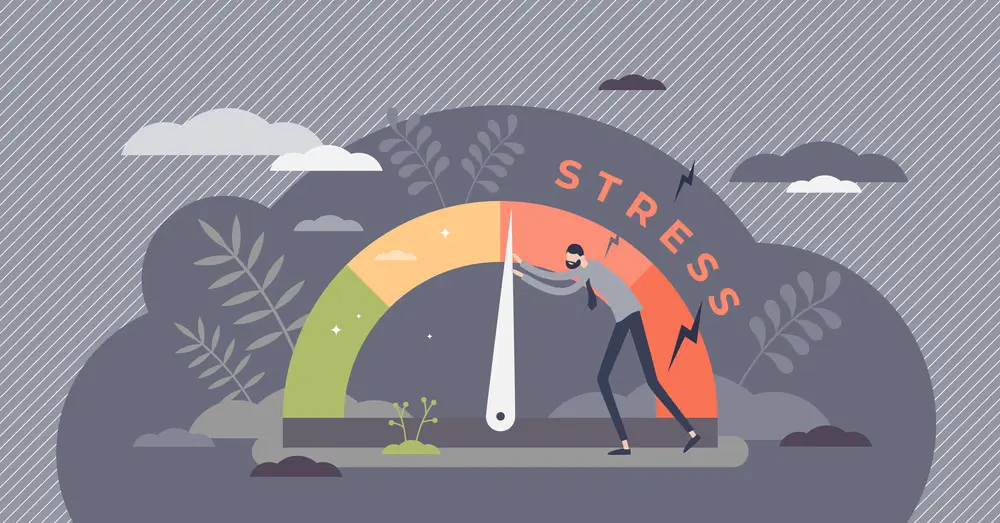
Research Studies
A study published in the Journal of Affective Disorders revealed a remarkable discovery: two puffs of medical marijuana may be enough to reduce symptoms of depression and anxiety by approximately 50%. Ten puffs or more resulted in the most significant reduction in stress reported by participants of the study.
In 2020 a study published in The Journal of Biology and Medicine reported that 95% of participants saw quick short-term relief of depressive symptoms. Scientists conducting the study have found that cannabis can be a two-sided coin, positively and negatively impacting depression levels in users. In the 2020 study, up to 20% of people reported feeling unmotivated side effects due to usage, and nearly 64% experienced a reduction in sadness after using the drug, such as feelings of happiness or peace.
There have been numerous studies that have looked into the use of cannabis for depression. In a 2015 study published in the International Journal of Neuropsychopharmacology, researchers found that THC (the primary psychoactive component of cannabis) reduced depressive symptoms in patients who had not responded to traditional therapies. Other research has shown that cannabinoids, such as CBD (cannabidiol), may also have anti-depressant properties.
Benefits vs. Risks
It’s important to remember that while marijuana may have potential benefits for people with depression, it also comes with risks. It’s important to talk to your doctor before using marijuana to treat any condition, including depression, so that they can advise you on the best course of action for your specific situation. Additionally, it’s essential to be aware that while medical use of marijuana is legal in some states, recreational use remains illegal in most states, so it’s best to consult your local laws before using it recreationally as well.
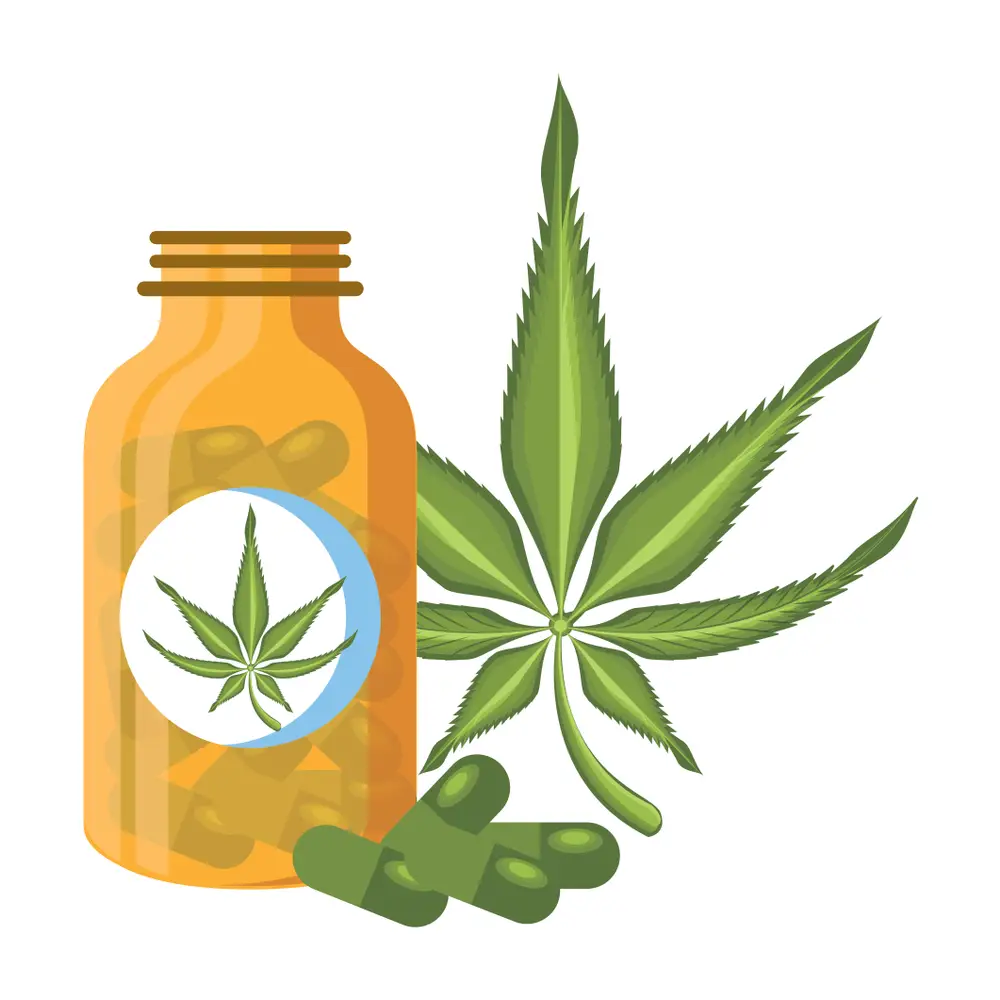
Finding the Right Dose
One crucial factor to consider when using cannabis as a treatment for depression is dosage. Different people respond differently to different doses, so it’s crucial to find a dose that works best for you. Start with a low dose and gradually increase until you find relief from your symptoms without any adverse side effects. It’s also important to keep track of your dosage to monitor your progress over time and ensure you’re getting the desired results. Once you find the correct dosage, consistency is critical. Some people find it helpful to journal about the dosage, strain, and consumption method to achieve better results.
Cannabis has long been used as an alternative treatment for depression, but only recently have we begun to understand its potential benefits on mental health issues such as anxiety and depression. More research needs to be done before we can fully understand how cannabis works to alleviate these symptoms. We know cannabinoids play a crucial role in marijuanas effectiveness. So if you suffer from depression or anxiety, consider giving cannabis a try, and be sure to do your research first and talk to a marijuana doctor to find the proper strain, consumption method, and amount of cannabinoids that might best suit your particular needs
While research into the effects of marijuana on depression is still ongoing, initial studies suggest that this could be a promising treatment option for some people suffering from this condition. However, it’s essential to keep in mind that there are risks associated with using marijuana. Almost every medication has specific risks, albeit some might be minimal. These need to be considered when deciding whether or not this treatment is appropriate for you or someone you know who has been diagnosed with depression. If you think cannabis might help you manage your symptoms, then speak to your doctor about whether medical marijuana treatment could benefit you.
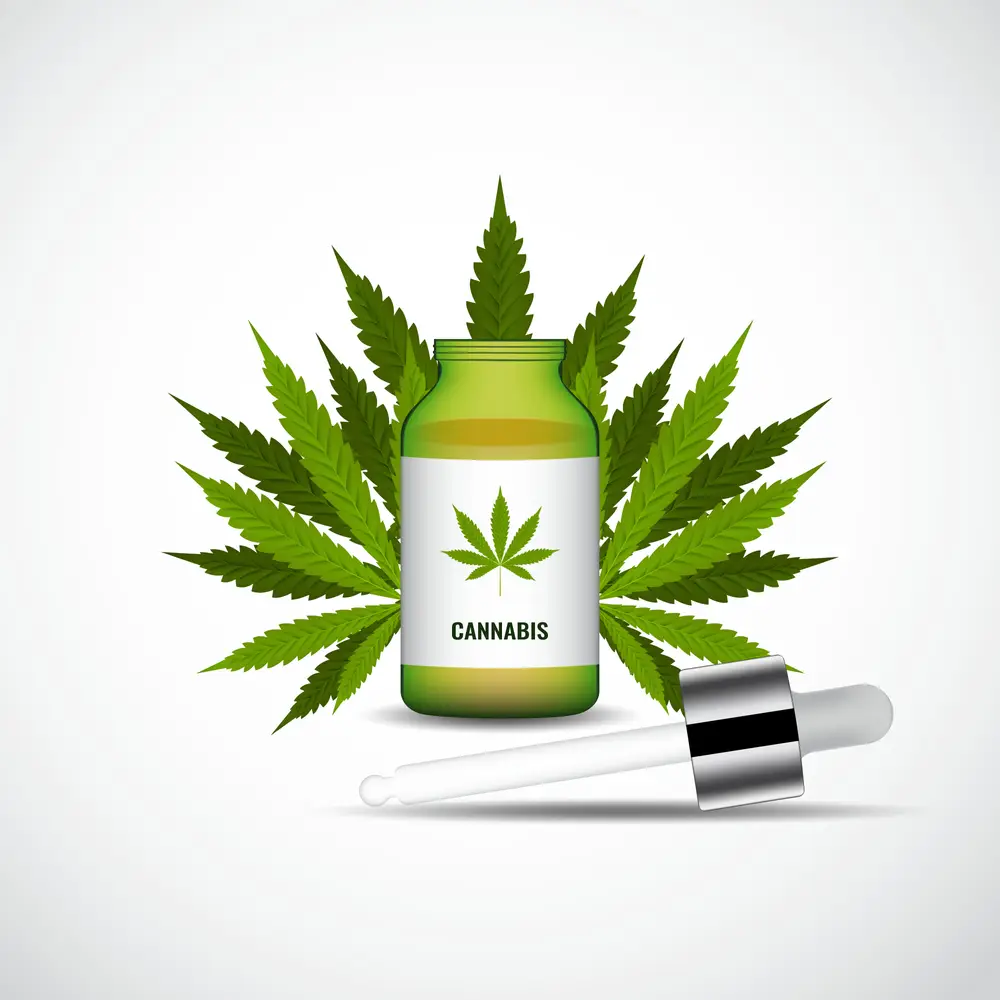
If you have suicidal thoughts, dial 988 to reach the Suicide Prevention Hotline. There is help!
Article Reviewed by

Richard Koffler, MD
NPI Number 1467557264
- Dr. Koffler is a Physiatrist, specializing in Physical Medicine & Rehabilitation.
- Graduated from the Sackler School of Medicine at Tel Aviv University in 1993 Dr. Koffler completed a one-year internship in internal medicine at Roosevelt Hospital in New York City.
- Residency in Physical Medicine and Rehabilitation at the Rusk Institute at NYU Medical Center in New York City. Board certified in 1998.
- Trained in acupuncture at Helms Medical Institute at UCLA His medical practice incorporates proven conventional western medicine integrating eastern alternative practices.
- Medical Director of several medical clinics in NYC, Stamford CT, and Miami Beach, FL.
